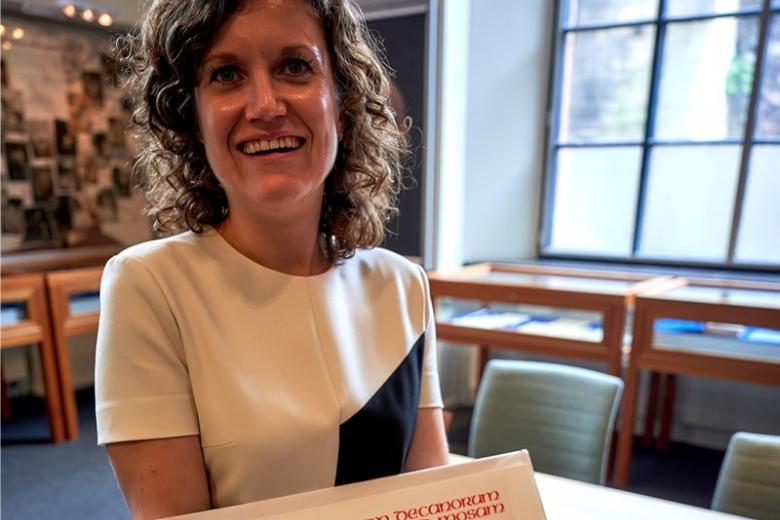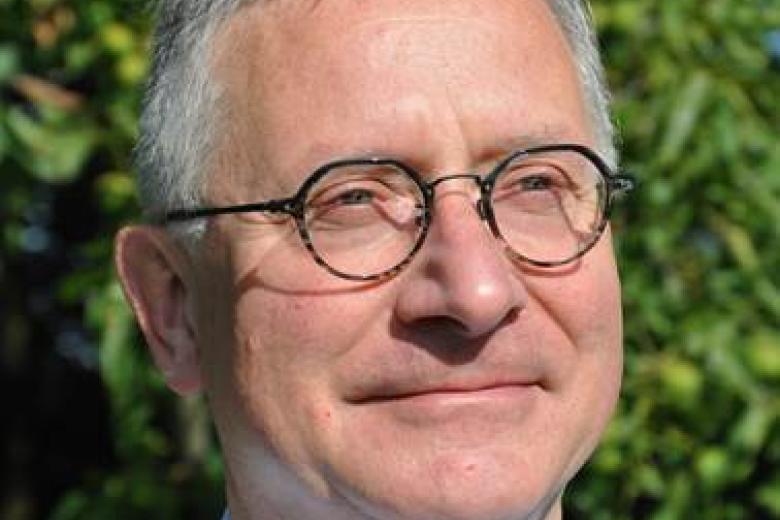Procrastination is the thief of time
Pain is not comfortable and it signals possible damage to the body. It is therefore logical that people with acute pain avoid painful movements. Movements that resemble painful movements are also usually avoided. However, it becomes problematic the moment people also avoid movements that are totally unrelated to pain. This can seriously affect daily life and even contribute to the development and maintenance of chronic pain. In his PhD research, Kristof Vandael therefore investigated how this generalisation of pain-related avoidance can be inhibited in the lab to help optimise therapy for chronic pain or even prevent the development of chronic pain. He received his doctorate at Maastricht University on 7 November 2022.
In his PhD research, Kristof investigated factors to inhibit the spread of avoidance in order to optimise therapy for chronic pain. The focus on generalisation of avoidance is not new, but already studied in the field of anxiety disorders. When someone has a trauma, this person often avoids places associated with this trauma. However, these associations sometimes expand to such an extent that, for example, after being bitten by a dog, you start avoiding dogs similar to it as well or even avoid all dogs and therefore no longer dare to go for a walk. This interferes with daily life and therefore becomes problematic. This is also the case for painful movements, with the range of movement avoidance eventually expanding into a 'range' of movements not related to this pain.
Positive emotions
How can this avoidance be slowed down? A question Kristof pondered during his research. It resulted in several ways, of which two possible solutions were explored in more detail. The first is to induce positive emotions. Assuming that the experience of pain triggers negative emotions and this leads to avoidance, positive emotions could actually lead to engaging in more activities and less avoidance. Inside the lab, for example, subjects had to imagine what their future would be like in which all their dreams had come true; "a best possible self ".
Afterwards, they had to perform certain movements, where this increase in positive emotions showed a correlation with less spread of avoidance around new movements. This could be helpful for patients with chronic pain, but also for prevention for people with acute pain, who are known to have a lot of fear of pain. Within the study, subjects only did the exercise once. To have long-term benefit, one would have to implement the exercise in daily life. However, this should be qualified with the caveat: "It doesn't always work and for everyone."
Proprioceptive accuracy
The second solution focuses on proprioceptive accuracy. This is the ability to accurately perceive the position, posture and movements of one's own body, something that is very important for dancers for instance. "Take, for example, the exercise where, with your eyes closed, you have to touch the tip of your nose with your index finger. Often this still succeeds because you have an idea, where your nose is and where your finger is.''
For people who are less proficient in this skill, this exercise is tricky. Hence, it is also tricky if you experience pain, but are not sure which movements are painful. The avoidance of all kinds of movements then increases. Kristof's research supports this conclusion. He saw a correlation between lower proprioceptive accuracy and more avoidance. Therapy aimed at improving proprioceptive accuracy could therefore potentially help inhibit avoidance. However, more research is required.
In short, the most ideal solution for patients with a wide range of avoided movements would be a combination between stirring up positive emotions and improving proprioceptive accuracy. Thus, become your own cheerleader and prevent procrastination by delaying movements.
Also read
-
PhD research shows impact of aggression on staff and patients in forensic care
Nienke Verstegen, researcher at De Forensische Zorgspecialisten, has conducted research on aggression within forensic care and its impact on patients and staff. On July 6, 2023, she will receive her PhD from Maastricht University with her dissertation 'Hurt people hurt people. Characteristics and...

-
Gone with the wind
Astrid Meesters received her doctorate on Sept. 28 with her PhD research on flexibility and mindfulness as resilience factors for pain and recovery.

-
Shivers down your spine
Prof. Dr. Leentjens at Maastricht University has been researching the relationship between psychiatric and neurological symptoms for years in order to pay more attention to mental symptoms in treatment.
